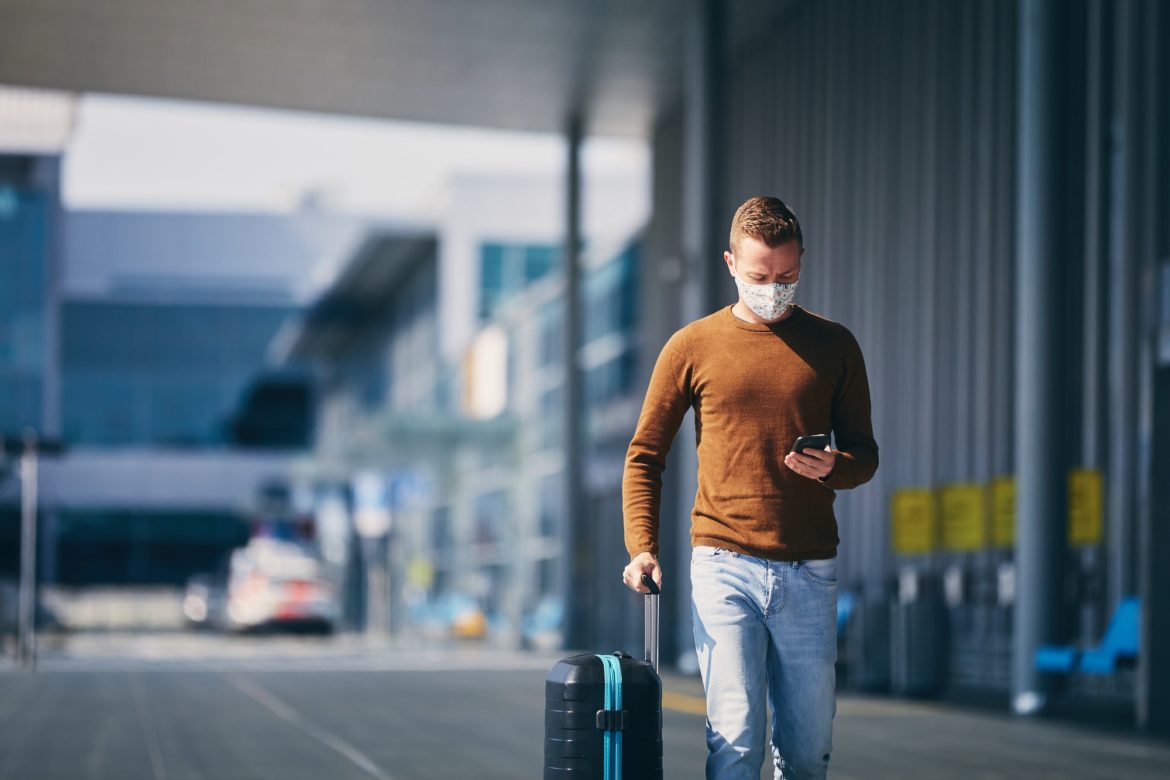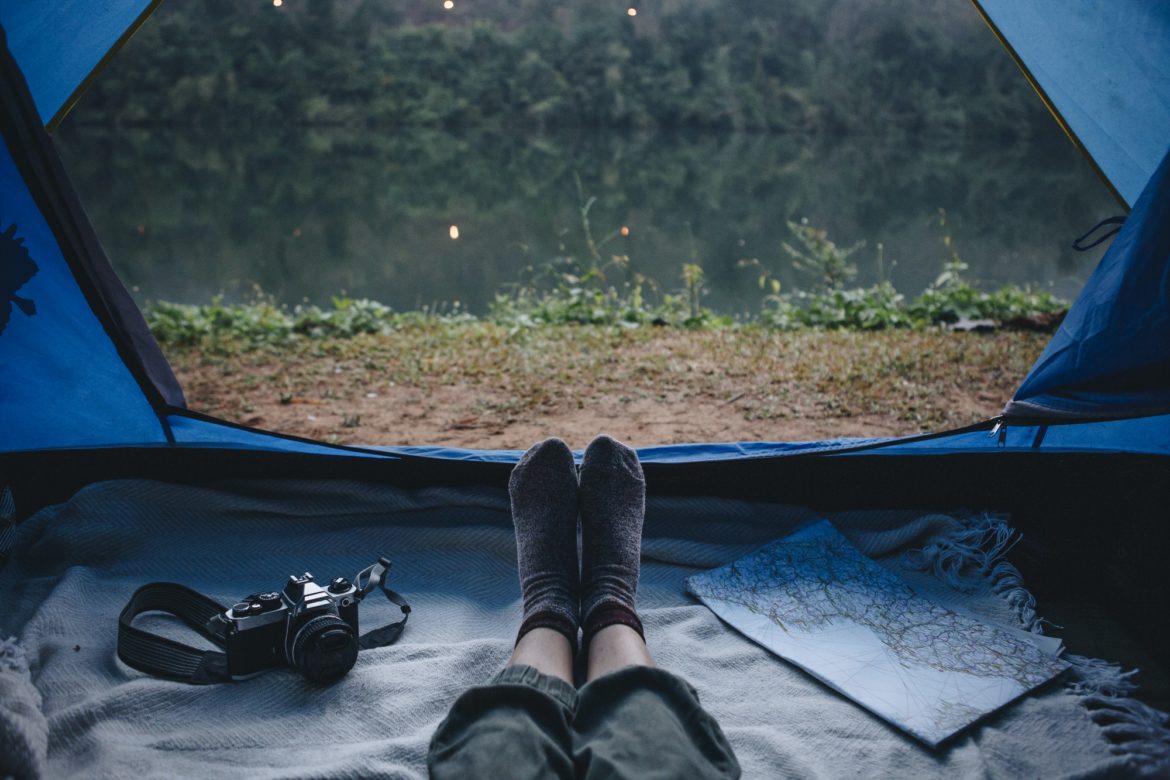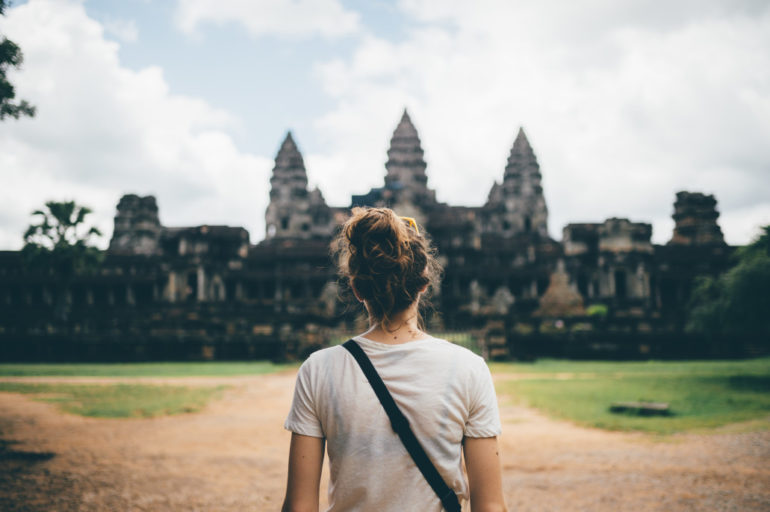
Basics: Being Away + Protecting your Home.
Whether it’s travel in normal-times or just sheltering out of town, being away from your primary residence comes with a lot of stress and added ‘home’ anxiety. Did you remember […]
 play_arrow
play_arrow
Anthony’s Philippines: “It was an Adventure” Jake Redman
 play_arrow
play_arrow
Anthony’s Amazing Singapore: “Toe Dipping” Point of SE Asia Jake Redman
 play_arrow
play_arrow
Anthony’s Ireland: Hellman’s Makes Ketchup Too Jake Redman
 play_arrow
play_arrow
Dallas, Disney and Deals. Our 100th Episode. Jake Redman
 play_arrow
play_arrow
AirBnB Cancels Some Cancelling & Jake Thinks Charlotte is a Beach Town Jake Redman
Even before the coronavirus pandemic hit, we were living through strange times. Politics were out of control. There were forest fires, floods, and typhoons that seemed to augur the world’s end. And our obsession with smartphones was reaching new heights.
None of those things, however, put the dampers on our collective travel ambitions. Yes, they were a little disruptive if you wanted to go to specific, far-flung corners of the Earth, but they weren’t game-changers.

COVID-19, though, is different. It has taken a hatchet to the travel industry, pretty much stopping it in its tracks. And it isn’t clear to anyone whether the sector will recover once international travel resumes. Even if the airlines continue to run, destinations themselves might go out of business.
The Problem With Social Distancing
Nobody set up the travel industry to accommodate social distancing: quite the opposite, in fact. Smart entrepreneurs packed people onto crowded plans, cruise ships, and hotels in an attempt to make more money. Public health was the last thing on their minds.
COVID-19, though, completely undermines the industry’s business model. Mass tourism only works by keeping people in cramped conditions (at least temporarily). But with the risk of infection so high, that way of doing things is now hopelessly obsolete.
Airlines are trialing responses to the outbreak, like half-filling planes, but it all seems a little gimmicky. Nobody believes you can stop the spread of viruses in an aircraft fuselage by leaving every other seat empty. That’s just silly.
Hotels are also facing a similarly dire outlook. The vast majority are beautified tenements that pack people in with judicious use of space and soundproofing. Air conditioning systems circulate the air around the building, potentially providing opportunities for the virus to spread. Again, it’s not good news.
Then there are cruise ships – perhaps the worst of the bunch. Here passengers risk the authorities preventing them from disembarking, leaving them marooned for weeks at sea (as happened at the outbreak of the pandemic). Nobody is going to want to spend thousands of dollars to roam the high seas on a plague ship. That’s taking danger tourism too far.
The Solution Might Be Camping Holidays
If you’re not interested in outdoor living but would like to get a balanced feel of camping and hotel living, you can try staying at an ecolodge. Ecolodges are also becoming more popular among travelers looking to preserve the environment and contribute to local communities. Travelers can play a role in sustainability while also admiring what nature offers. It’s also an excellent opportunity to learn more about wildlife.
Current events, therefore, are all pushing the tourism industry in the direction of camping. After years of luxury hotels and Michelin-star food on cruises, we’re going back to basics.

Camping offers a host of advantages over regular holidays. First, it is easy to spread people out. Most camping destinations are just giant fields with a toilet. Campers could arrive and set up their tents on expanded lots that reflect whatever social distancing rules the authorities decide to put in place. It would then be easy for campers to keep their distance from each other, perhaps using markers on the ground.
Second, camping takes place mostly in the open air. We’ve already seen governments around the world loosen restrictions on who people can meet in parks and open public spaces. It seems only logical, therefore, that camping would fall under the same low-risk category. So long as people aren’t getting in and out of each others’ tents all day, the risk of spreading infection ought to be low.
Finally, holidaymakers themselves are likely to feel more comfortable camping than traveling with hundreds of people on aircraft, ferries, or cruise ships. Campsites will no doubt put in place methods to further reduce the risk of infection, such as regularly cleaning lavatories and publicizing their efforts to budding holidaymakers.
Interest in camping equipment, therefore, is likely to rise substantially over the next few months. Families will need a 3-room camping tent, stove, boxes to store food, preparation tables, hiking boots, and somewhere to wash their pots and pans. Retailers will need to put in place strategies to deal with the increased demand, especially if supply chains are weak. Pricing will be essential.
Campsites too will need to adapt their premises to keep everyone safe – and make a point about maintaining social distancing rules. It will be the job of managers to enforce the laws to the extent that they can.
Outdoor Pursuits Will Replace Luxury Breaks
If 2019 was the year of luxury retreats, 2020 is the year of outdoor pursuits. Yes – people might prefer the spa experience, but this year, we’re all going back to basics, and so it makes sense for people’s attitudes to shift. Camping will once again become the norm, as it was in the post-war years. Incomes are down and people are just looking for whatever opportunities they can get to go away.
Tagged as: Air Travel, camping, glamping, tents, travel trends.


Contributing Author May 14, 2020
Whether it’s travel in normal-times or just sheltering out of town, being away from your primary residence comes with a lot of stress and added ‘home’ anxiety. Did you remember […]
© 2023 modhop All Rights Reserved. Unauthorized use and/or duplication of this material without express and written permission from this site’s author and/or owner is strictly prohibited. Excerpts and links may be used, provided that full and clear credit is given to modhop with appropriate and specific directions to the original content.
Post comments
This post currently has no comments.